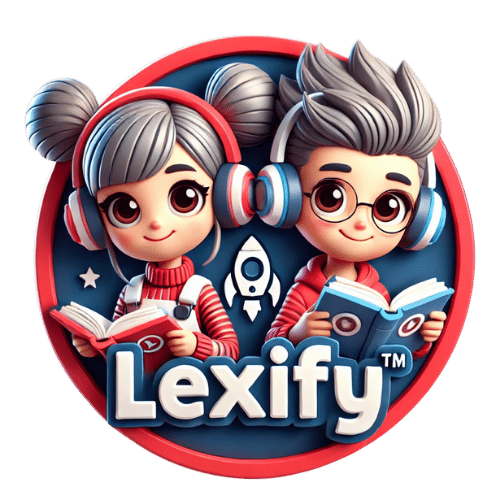Understanding Dyslexia: New Insights and What They Mean for You
Jan 11
Dyslexia is a learning difference that affects how people process language, particularly reading and writing.
Thanks to recent research, we now have a better understanding of dyslexia, including how it develops and how we can better support those who have it.
Let’s break down the latest findings and what they mean for families, educators, and anyone affected by dyslexia.
Thanks to recent research, we now have a better understanding of dyslexia, including how it develops and how we can better support those who have it.
Let’s break down the latest findings and what they mean for families, educators, and anyone affected by dyslexia.
Key Discoveries About Dyslexia
-
A Better Definition of Dyslexia
- Experts are rethinking how dyslexia is defined. It’s not just about struggling with reading—it’s also tied to how the brain processes language.
- Scientists are now looking at how a person’s environment, culture, and even mental health play a role in dyslexia.
-
Dyslexia Looks Different for Everyone
- Dyslexia isn’t the same for everyone. For example, people who speak different languages or live in different cultures might experience it differently.
- This means we need flexible strategies to help all kinds of learners.
-
Better Ways to Spot Dyslexia
- New research has helped experts agree on clear signs of dyslexia.
This could help reduce confusion and make it easier for parents and teachers to recognize when someone might need help.
- New research has helped experts agree on clear signs of dyslexia.
-
Underrepresented Groups Are Missing Out
- Studies show that many kids from minority groups or low-income families are less likely to be identified as having dyslexia.
This means they might not get the help they need.
- Studies show that many kids from minority groups or low-income families are less likely to be identified as having dyslexia.
-
The Reading Gap Doesn’t Go Away
- Research following kids with dyslexia into adulthood shows that reading struggles can persist if they don’t get enough support.
This highlights the need for ongoing help, not just early interventions.
- Research following kids with dyslexia into adulthood shows that reading struggles can persist if they don’t get enough support.
What You Can Do to Help
- Start Early: If you think your child might have dyslexia, don’t wait. Early testing and intervention can make a huge difference.
- Be Flexible: Remember, there isn’t a one-size-fits-all solution. What works for one child might not work for another.
- Stay Supportive: People with dyslexia might need help throughout their lives, not just in elementary school. Keep encouraging them to grow their skills.
- Push for Fairness: Speak up for kids in underrepresented groups to make sure they get the same opportunities for testing and support.
- Learn and Train: Teachers and parents should stay up-to-date on the best ways to help kids with dyslexia. New research is always coming out!
Why This Matters
Dyslexia affects millions of people, but with the right tools and understanding, we can help them succeed.
By taking action based on the latest research, we can make schools and communities more inclusive for everyone.
Want to Learn More?
Check out these resources:
- International Dyslexia Association
- British Dyslexia Association
- Yale Center for Dyslexia & Creativity


